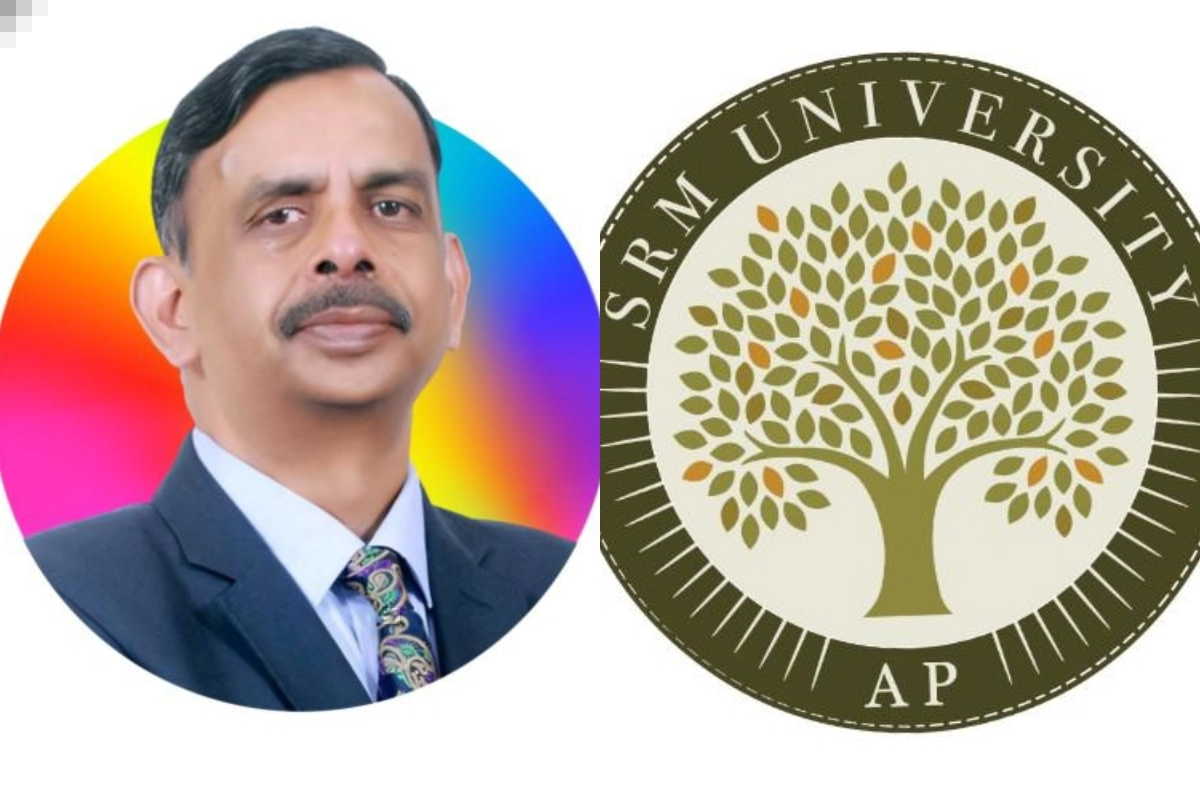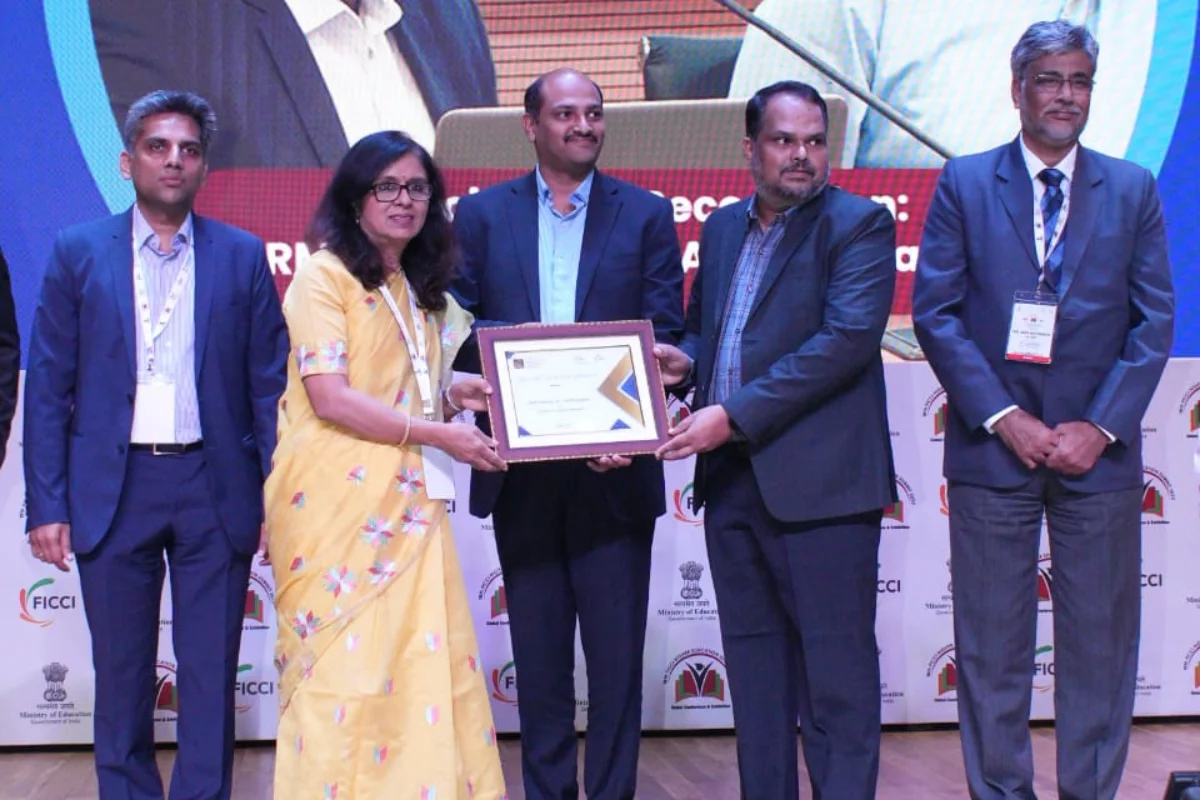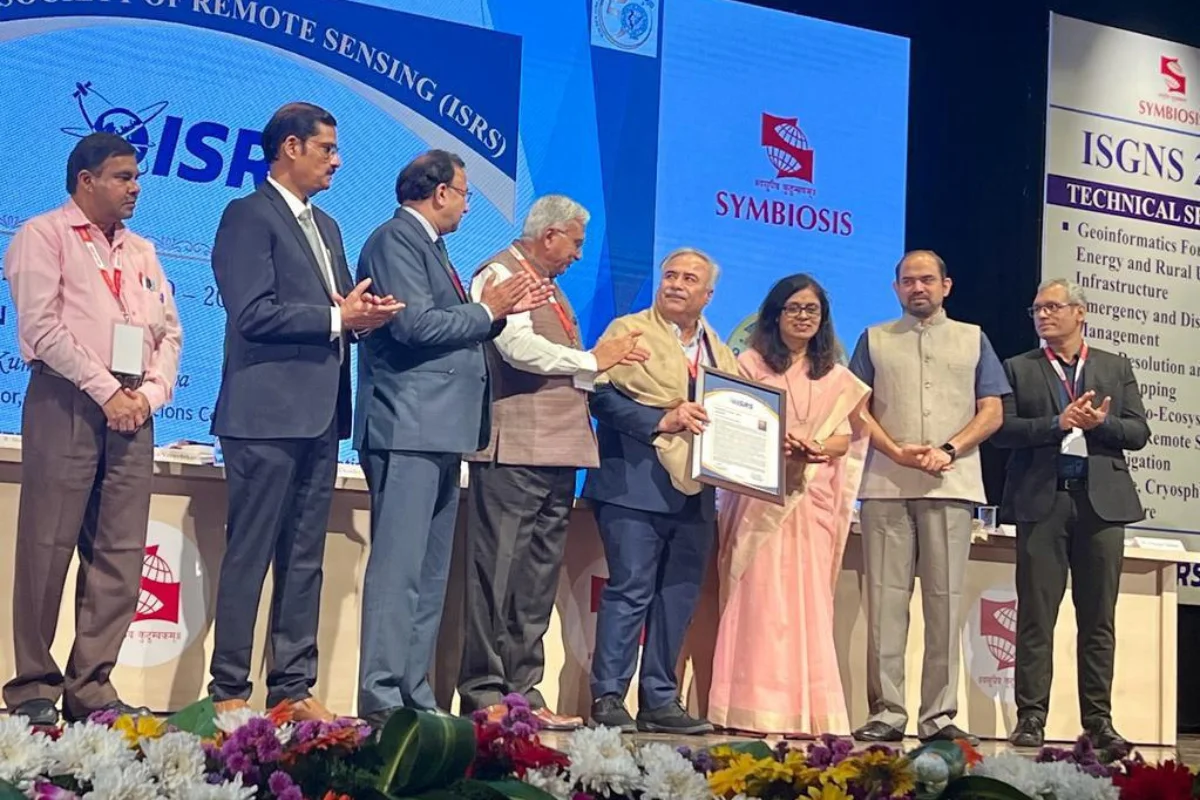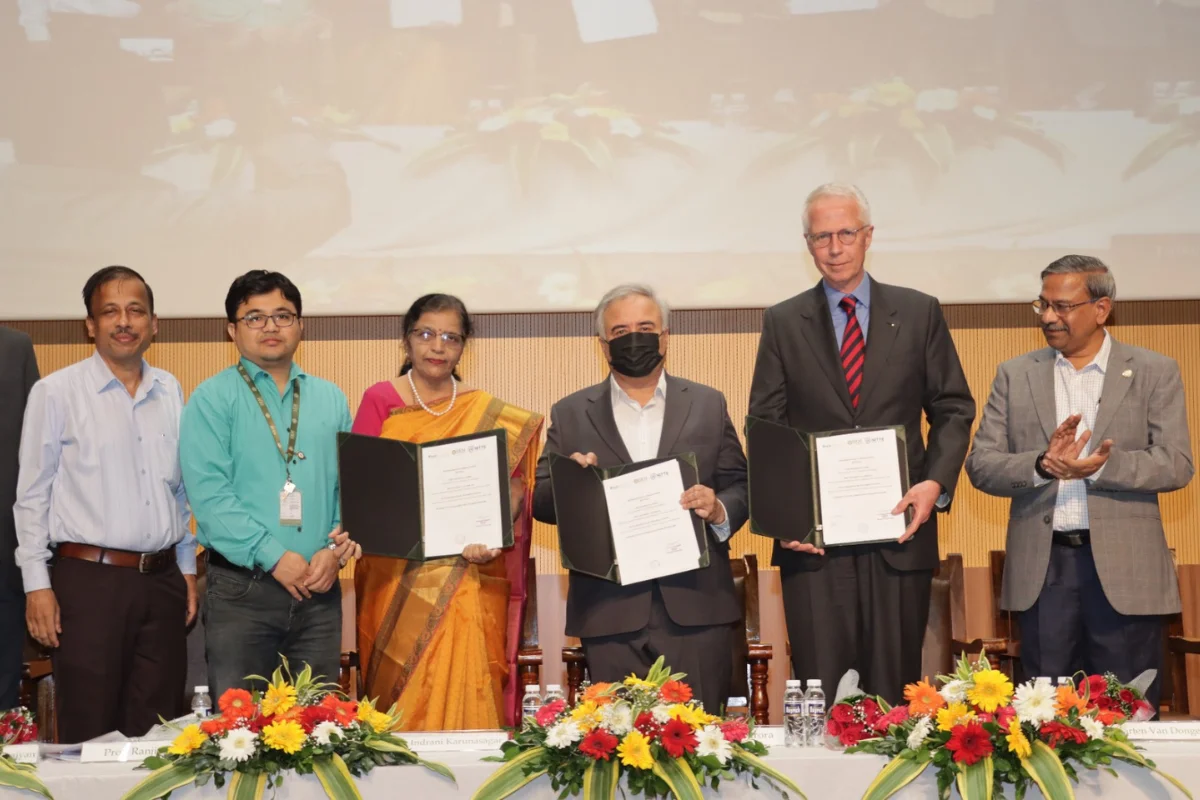SRM University: Becoming a thought leader in academia requires strategic planning and brand building initiatives. A university can position itself as a reputable institution by adopting the following strategies. Firstly, fostering an environment of innovation and intellectual curiosity is crucial. Encouraging faculty members and students to engage in cutting-edge. research and critical thinking enable the university to generate thought-provoking ideas. Secondly, leveraging digital platforms are essential for brand building. By utilizing social media channels, podcasts, webinars, and blogs, universities can disseminate their knowledge to a wider audience. This not only increases visibility but also enhances credibility. Additionally, collaboration with industry experts and leaders helps establish the university as a trusted source of expertise. Engaging in collaborative research projects or hosting conferences with renowned scholars allows for knowledge exchange and creates valuable networking opportunities.
The Concept of Thought Leadership
Thought leadership is a powerful concept that has gained significant traction in recent years, especially in the context of brand building for universities. It refers to individuals or organizations who are recognized as industry experts and innovators, actively contributing valuable insights and ideas to their field. Thought leaders possess deep knowledge, experience, and credibility within their respective domains, enabling them to influence others’ opinions and shape industry trends. The significance of thought leadership lies in its ability to position universities as opinion makers within their areas of expertise. By consistently sharing original research, forward-thinking ideas, and expert perspectives, universities can establish themselves as trusted sources of knowledge. This not only enhances their brand reputation but also attracts top talent, fosters collaborations with industry partners, and increases engagement with students.
The Benefits of Thought Leadership
Thought leadership has become increasingly crucial for universities as they strive to establish themselves as leading institutions in their respective fields. By embracing the concept of thought leadership, universities can unlock a myriad of benefits that extend beyond academic excellence. One significant advantage lies in brand building, as thought leadership positions a university as an authoritative source of knowledge and expertise. This enhanced brand reputation attracts prospective students, faculty members, and collaborators who seek to be associated with an institution that produces influential thinkers. Moreover, thought leadership allows universities to expand their influence beyond traditional academic boundaries. By nurturing opinion makers within their ranks, universities can actively shape public discourse and steer conversations surrounding pertinent issues. This influence not only strengthens the institution’s standing but also provides an opportunity to drive positive change in society.
The Scope for Thought Leadership
The scope for thought leadership in universities is vast, offering a unique opportunity to leverage expertise and become opinion makers in various fields. By embracing thought leadership, universities can establish themselves as the go-to sources of knowledge and innovation within their respective domains. Through research, academic publications, public speaking engagements, and collaborations with industry leaders, universities can contribute to critical discussions on societal issues and shape public opinion. Thought leadership enables universities to showcase their faculty’s expertise and research capabilities while attracting talented students, funding opportunities, and partnerships with industry leaders. Furthermore, it allows universities to foster a culture of intellectual curiosity among students by providing them with exposure to cutting-edge ideas and research. By actively engaging in thought leadership activities, universities can not only enhance their brand value but also play a significant role in shaping the future through informed opinions and evidence-based approaches.
Contributed by Mr. Pankaj Belwariar – Director Communications ; SRM University, AP
views expressed are personal
Keep watching our YouTube Channel ‘DNP INDIA’. Also, please subscribe and follow us on FACEBOOK, INSTAGRAM, and TWITTER












